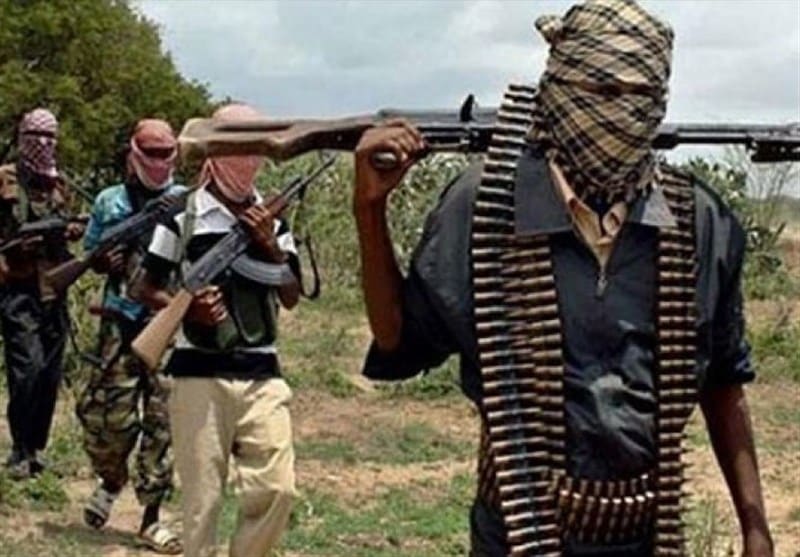The “black economy” and its role in destabilizing East African countries.
The informal economy or “black economy” in East Africa is a complex and multifaceted phenomenon. It plays a crucial role in the continuation of armed conflicts, as it provides financial resources and economic structures for terrorist and paramilitary groups.
The black economy undermines the authority of states and perpetuates instability with all its consequences. It refers to a set of illicit financial activities that are mostly outside the legal centers and institutions and are out of reach of authorities, policymakers, tax officials, and statisticians.
While there are no precise statistics on the size and extent of the black economy in East Africa, estimates indicate that it is part of a wider flow of illicit financial flows that circulate in the underground economy, some of which are transferred outside the African continent.
Sources of Financing of Terrorist and Criminal Groups
Regarding the illegal exploitation of Africa’s natural resources as a branch of this economy, the Chairperson of the African Union Counter-Terrorism Commission has emphasized in several reports the role of these resources as the main source of financing for terrorist groups.
According to a report presented to the 1040th session of the African Peace and Security Council, armed groups in Africa meet their financial needs through the illegal exploitation of natural resources, mineral deposits, illegal fishing, and other methods.
The United Nations Security Council has also confirmed, through several resolutions, including Resolutions 2195 and 2462, that the illegal exploitation of natural resources is a source of financing for armed and terrorist groups in Africa.
A report published by the United Nations Environment Programme (UNEP) also shows that the value of illegal extraction and trafficking of some natural resources in the eastern Democratic Republic of the Congo is estimated to be between $0.7 billion and $1.3 billion annually.

